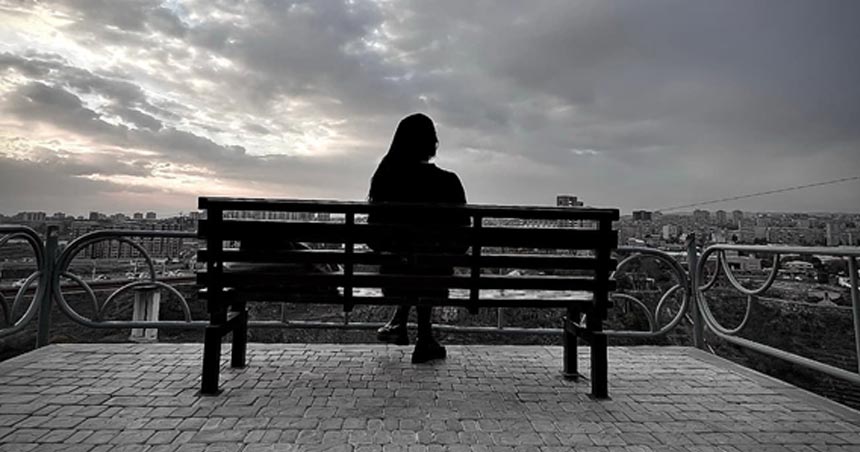|
Humans are inherently social creatures, but if you’ve been feeling disconnected and lonely, this can impact your quality of life significantly. As a depression doctor, I believe it’s important for all of us to understand the impact of loneliness, but also to find ways to combat these feelings of isolation. Does Loneliness Cause Depression?Loneliness can be a significant factor in the development of depression. While loneliness itself is a state of feeling disconnected, isolated, or separated from others, it can lead to various mental health issues, including depression. As a psychiatrist for depression, I’ve seen firsthand how loneliness impacts our lives. Here are just a few ways that feelings of loneliness can affect our psyche and lead to depression.
Additional Potential Causes Of Depression
How To Combat Loneliness If feelings of loneliness and isolation are at the root of your depression, there are some proactive steps you can take to connect with others, engage in meaningful activities and address underlying feelings of isolation. Here are several strategies to help alleviate loneliness:
Combating loneliness is a process, and what works for one person might not work for another. It's important to try various strategies and find what best suits your personality and lifestyle. Remember, seeking connection and community is a fundamental human need, and taking steps to address loneliness is a brave and worthwhile endeavor. It’s not easy to reach out, but it’s also not easy to suffer from loneliness and depression. Should I Seek Treatment?Seeking treatment for depression or loneliness is an important step toward improving your mental health and overall well-being. Here are some signs and situations when it's advisable to seek professional help from a local psychiatrist: For Depression
For Loneliness
Contact A Depression Doctor Whether you are dealing with persistent loneliness and/or depression, scheduling an appointment with a psychiatrist for depression is always a good idea. You also can talk with your primary care provider or a therapist.
As a psychiatrist for depression, I can provide you with a thorough diagnosis as well as create a treatment plan that addresses all of the issues you are facing. A depression psychiatrist also can provide you with medications, if needed. Many different medications and combinations of medication can treat depression successfully. Talk therapy, dialectical behavior therapy and cognitive behavioral therapy can be helpful, as well. Even with medication, meeting with a depression therapist or psychologist is encouraged as a combination approach tends to yield the best results. If you find that medications and therapy aren’t alleviating your symptoms, there are other options to consider, such as ketamine therapy and eye movement desensitization and reprocessing (EMDR). Other options, such as repetitive transcranial magnetic stimulation (rTMS), electroconvulsive therapy (ECT) or vagus nerve stimulation (VNS), also can be beneficial for those with treatment-resistant depression. If you are struggling with deep feelings of loneliness and despair, it’s best to contact a psychiatrist for depression as quickly as possible. As a depression doctor, I have successfully treated many patients with depression and chronic loneliness, and there is always hope for a brighter future. I also work as a PTSD psychiatrist and anxiety psychiatrist, which often co-occur with depression. I also can treat bipolar disorder, eating disorders, borderline personality disorder or any other co-occurring disorder. I offer both in-person services as a psychiatrist in Thousand Oaks, as well as telepsychiatry, which can be a very convenient option to consider. Don’t wait another day to seek help. Depression and these feelings of loneliness can be tackled, and while it can take time to find a treatment that works, you are worth it and all you have to do is take the first step and give our office a call.
0 Comments
|
AuthorDr Jesalva is a psychiatrist. He is in private practice in Thousand Oaks, CA since 1989. He successfully treats very challenging patients with varying co-occurring disorders with medications. Archives
May 2024
Categories
All
|

 RSS Feed
RSS Feed